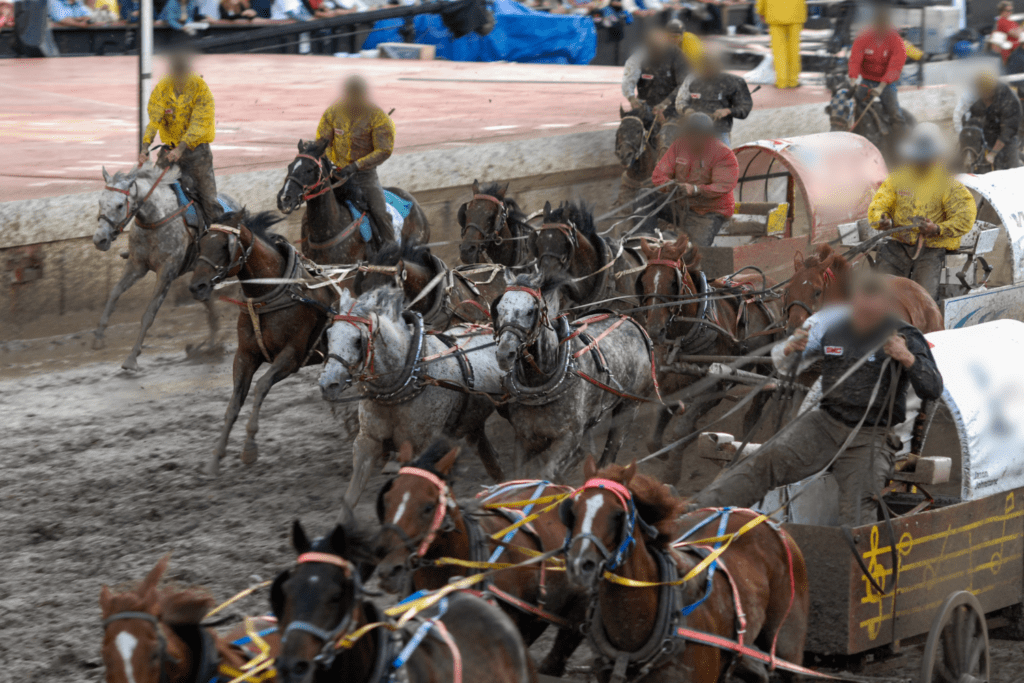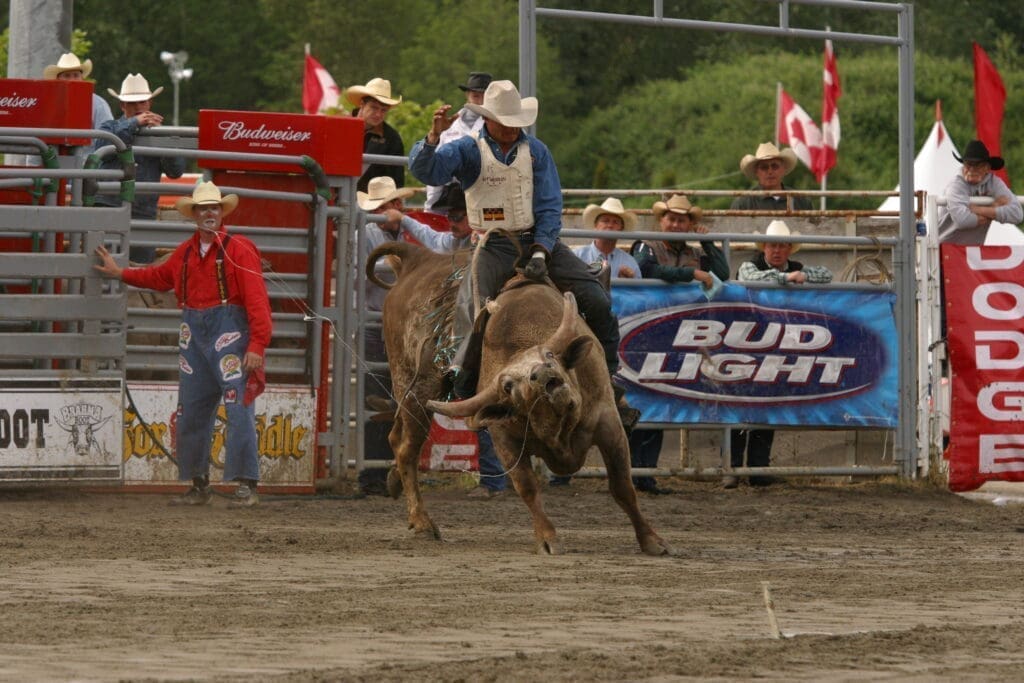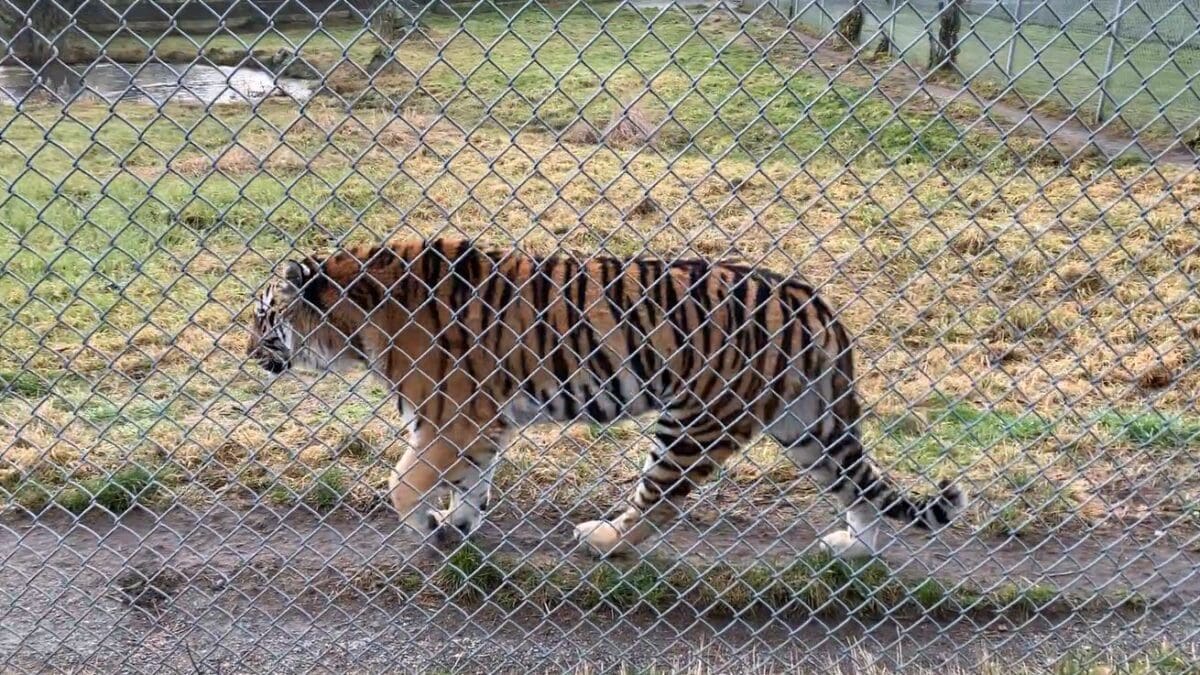VANCOUVER, November 1, 2022 – The Vancouver Humane Society (VHS) applauds the Province of British Columbia’s move to address rodenticide poisoning of wildlife and pets, but raises concerns that gaps continue to leave animals at risk. The Province announced on Friday that it is moving ahead with regulatory changes around the sale and use of some of the deadliest rodent poisons.
In May 2022, about halfway through an 18-month B.C.-wide partial ban on second-generation anticoagulant rodenticides (SGARs), the Province released an intentions paper proposing permanent restrictions.
The VHS noted that the proposed regulations, like the temporary ban, would still allow other types of rodent poisons and would permit the use of SGARs in many exempt locations, including those with frequent wildlife activity like garbage dumps. Non-target animals who eat poisoned rodents, such as owls and domestic cats, are at risk of secondary poisoning.
Following an online comment period which saw widespread support for increasing restrictions, the Province announced its decision to move forward with its initially proposed changes.
VHS Campaign Director Emily Pickett responded, “The B.C. government’s decision to significantly restrict the use of second-generation anticoagulant rodenticides is an important step in the right direction. However, there are concerns about gaps in the regulations that were raised by the Vancouver Humane Society and many other respondents during the online comment period.”
More than 1,300 private individuals submitted responses through the B.C. government’s online consultation form, “almost all” of whom expressed support for “a total ban on use of rodenticides in B.C.” or “restriction [on their use] to the greatest extent possible”, according a government report.
The public consultation also included a response from the VHS, which reported 2,582 resident signatures supporting a comprehensive ban on all rodenticides and a significant decrease in exemptions. Another organization, Rodenticide Free BC, reported a petition signed by 4,841 British Columbians in support of a ban on all rodenticides.
In addition to concerns about exempt locations and other dangerous poisons that will still be permitted, the VHS raised red flags that the updated regulations may amount to a complicated patchwork of rules for different locations and rodenticide products, making enforcement difficult. Evidence of suspected SGAR use in prohibited locations was routinely found during the temporary ban.
“If you walk through your community, you’ll see lots of black bait boxes around. We’ve seen reports of bait boxes being mislabeled or unlabeled, so the public has no way of really knowing what’s in them,” said Pickett. “Follow-up on reported complaints was inconsistent and slow, suggesting that there aren’t enough resources allocated to effectively enforce a partial ban.”
The VHS recommends that the government’s partial ban be a starting point in a much-needed move away from deadly and inhumane rodent poisons and toward humane alternatives and preventative approaches for dealing with human-rodent conflicts.
– ends –
SOURCE Vancouver Humane Society
For more information, contact Chantelle Archambault: 604-416-2903, chantelle@vancouverhumanesociety.bc.ca
Related links: https://vancouverhumanesociety.bc.ca/




